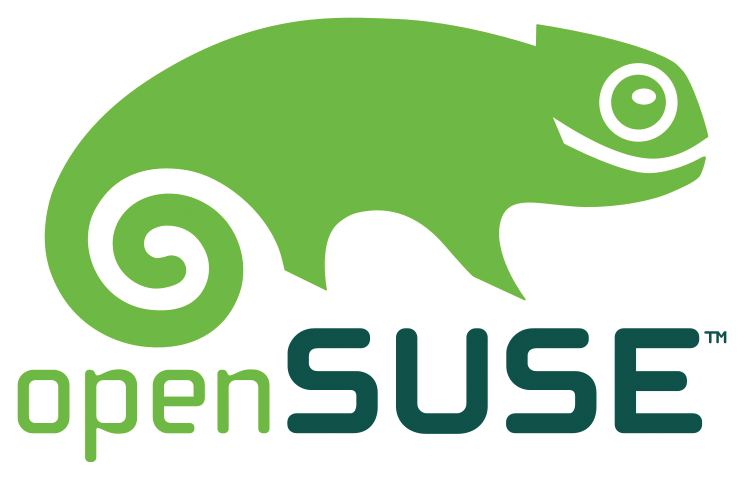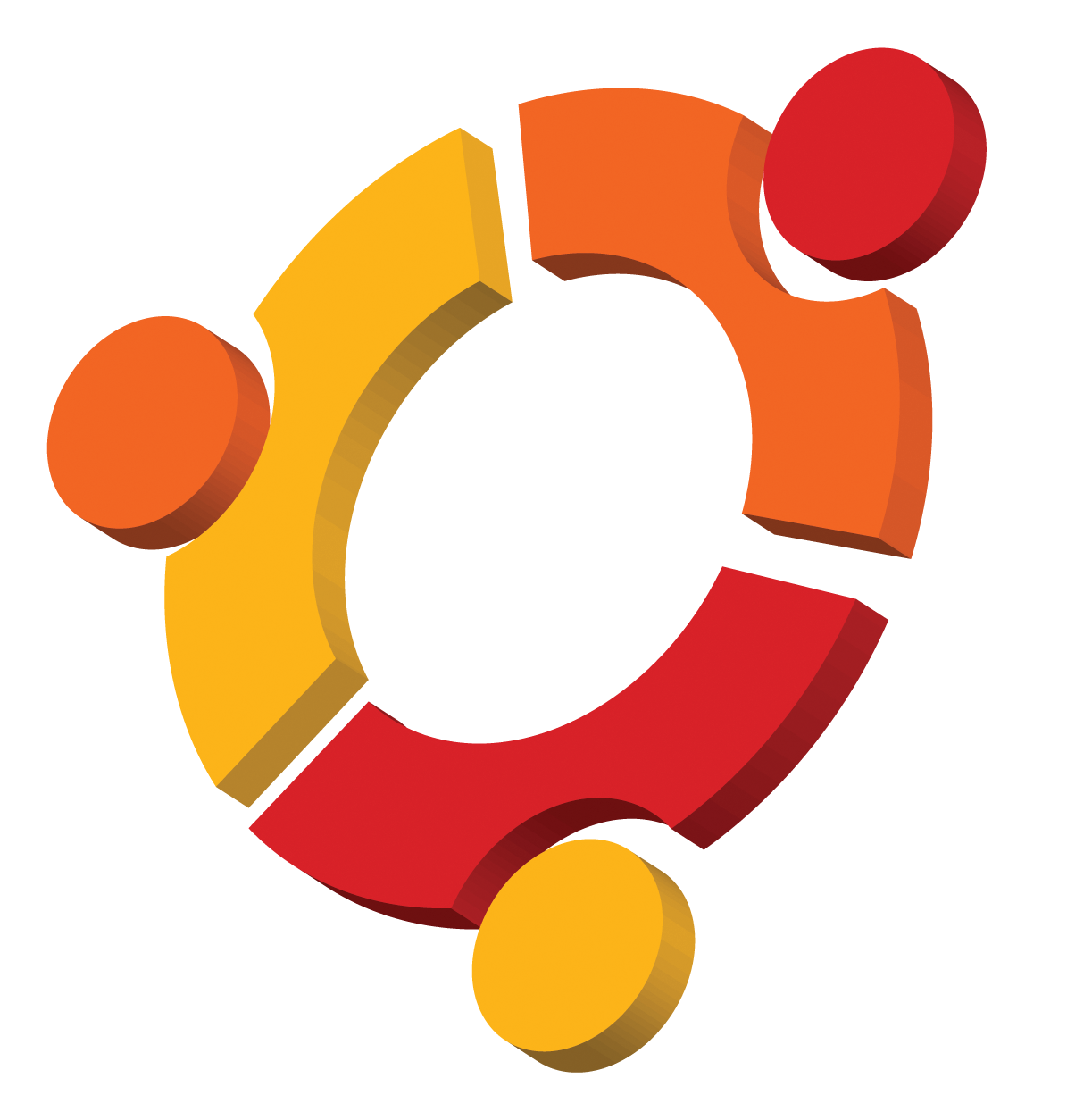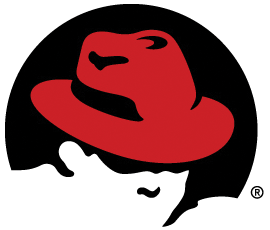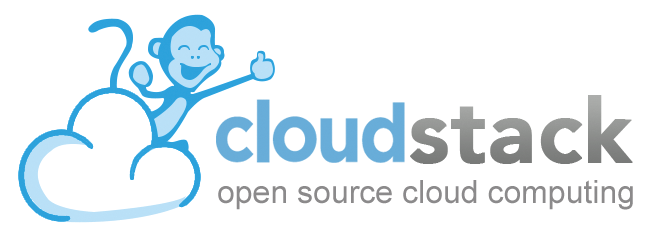Dispatches from the world of IT
News
openSUSE 12.3
The openSUSE project is rolling out another release of their community-based, Novell-backed, multipurpose Linux. SUSE has a long history of operating in a professional setting, and Novell has tooled it for interoperability with Microsoft systems and compatibility with Novell's own collection of networking and system management tools.
Under the hood is Linux kernel 3.7, along with support for the controversial UEFI Secure Boot process required for many contemporary computer systems. OpenSUSE 12.3 completes the integration with the systemd service manager. The latest version also includes the complete OpenStack Folsom cloud platform, as well as a number of improvements to developer tools such as KDevelop, QtCreator, and the Glade Gnome/Gtk user interface development tool.
Like many other Linux distros, openSUSE has changed their database default from the Oracle-controlled MySQL to MariaDB.

Ubuntu to Reduce Non-LTS Support
The Ubuntu Technical board has voted to change the support period for non-LTS releases from 18 months to 9. Ubuntu developed the concept of LTS (Long-Term Services) releases to extend support for enterprise customers who were more interested in stability and continuity than in chasing the latest new release. An LTS version appears every two years and is supported for five years. The current LTS version is Ubuntu 12.04. The change affects all releases that aren't LTS releases, which the Ubuntu community now refers to as "standard" releases. Since standard releases appear every six months, the nine-month support window provides continuous support until the next standard version appears and gives the user three months to upgrade.
The Ubuntu community has gone through an active discussion for the last few months about possible changes to the release schedule. Ubuntu VP Rick Spencer suggested a rolling release schedule, which would basically eliminate the need for a standard release entirely, but founder Mark Shuttleworth was ultimately unwilling to take this extreme step. The compromise developed by the Ubuntu Technical board affirms the importance of standard releases but minimizes redundant maintenance efforts and provides a greater share of resources for maintaining the LTS versions.
The board also offer to devise a way for users or developers to "track the tip of development" without waiting for a full release. This concept is similar to what Spencer originally proposed as a "rolling release." According to the Ubuntu website, "The general idea is that a user could opt for continuous upgrades on what is essentially the development release." They agreed to implement this change effective with version 13.04 and later. The LTS releases will continue to be supported for the full five years. You can read the IRC log of the meeting online at: http://irclogs.ubuntu.com/2013/03/18/%23ubuntu-meeting.html#t21:00.

Microsoft Blue
Rumors have emerged about a new Windows release coming sometime later this year. Worldwide concerns about the problems with Windows 8 had already caused many Redmond watchers to speculate that a change might be on the way, and when the news leaked to the press about a new release known as Windows Blue, word traveled quickly across the Internet.
Microsoft eventually announced that they were working on something new, but as the details emerged, Windows Blue began to look more like a significant update to Windows 8 rather than an entirely new system. An early build of Windows Blue also leaked into the wild. So far, most reviews have focused on mobile and desktop features, with few details so far on possible changes to the server side of the release.

Red Hat Revenue
Tech business prognosticators often tune into financial reports from iconic Linux vendor Red Hat as an indicator of industry health. The fourth quarter of 2012 shows some promising results for Red Hat, with revenue up 17% over the year and profits rising to US$ 43 million compared with US$ 35 million for 2012Q3. The company attributed much of the increase to growth in large contracts in the US$ 5-10 million range.
Of course, Red Hat is not just a Linux software company but is (perhaps primarily) a Linux service company, and they seem to be fully aware the future for software services is in the cloud. Red Hat Enterprise Linux now supports a preview version of OpenStack Folsom, with full integration expected for an upcoming release.
Despite the promising rise in revenue, Red Hat's stock price fell 7% because the increase was slightly below what Wall Street analysts had predicted.

Supercomputing Revenue Up Nearly 30%
Revenue in the high-end supercomputer segment of HPC systems, which sell for US$ 500,000 and up, increased 29.3% to US$ 5.6 billion from 2011, according to IDC's recent "Worldwide High-Performance Technical Server QView" report.
According to the report, supercomputers accounted for 50.9% of total technical server revenue for 2012. The report states that a major part of the growth came from just a few large systems sold by Fujitsu, IBM, HP, and Cray. For example, the Fujitsu "K" system installed at Japan's RIKEN, accounted for more than US$ 500 million of the total.
Additionally, IBM led all vendors with a 32.0% share of overall factory revenue, followed by HP with 30.8%. Dell held third place, with 13.5% of worldwide technical server revenue, the announcement said.
"HPC technical servers, especially Supercomputers, have been closely linked not only to scientific advances but also to industrial innovation and economic competitiveness. For this reason, nations and regions across the world are increasing their investments in supercomputing even in today's challenging economic conditions," said Earl Joseph, Program Vice President for Technical Computing at IDC.
IDC forecasts that the HPC technical server market as a whole will reach revenues of more than US$ 14 billion by 2015. Visit IDC.com to read the announcement.http://www.idc.com/getdoc.jsp?containerId=prUS24032313#.UVGw7I4_020.
MongoDB 2.4 Released
The MongoDB Engineering Team has released MongoDB 2.4, the latest stable version of the database, with several new features, performance improvements, and bug fixes.
MongoDB is an open source, document-oriented database designed for ease of development and scaling. According to the product website, the latest version includes the following new features: hash-based sharding, capped arrays, geospatial enhancements, faster counts, working set analyzer, and V8 JavaScript engine.
MongoDB 2.4 also adds support for boolean searches in MongoDB databases as a beta feature. According to the website, the new functionality lets you "search text in data stored in MongoDB, using an index that updates in real-time and is always consistent with the data set."
Additionally, MongoDB 2.4 includes two new security enhancements: Kerberos modular authentication and role-based access control. The website states that Kerberos is part of MongoDB Enterprise and allows integration with enterprise-level user management systems. The role-based access control feature allows more granular management of privileges. Note that Kerberos authentication is only present in MongoDB Enterprise Edition.
Apache CloudStack Now Top-Level Project
The Apache Software Foundation promoted Apache CloudStack to Top-Level Project (TLP) status. "Becoming a TLP is an important step in the project's evolution and growth," said Chip Childers, Vice President of Apache CloudStack. "CloudStack had the advantage of having many long-term, large deployments which had proven the stability and scalability of the technology."
According to the website, Apache CloudStack is a complete open source software suite designed "to deploy and manage large networks of virtual machines, as a highly available, highly scalable Infrastructure as a Service (IaaS) cloud computing platform." CloudStack includes: compute orchestration, Network-as-a-Service, user and account management, a full and open native API, resource accounting, and a user interface. It currently supports VMware, KVM, XenServer, and Xen Cloud Platform.
"We believe that Infrastructure-as-a-Service is the next generation of IT infrastructure, and that people will demand open standards and open governance for such an important layer in their IT stack," added Childers. Apache CloudStack software is released under the Apache License v2.0; the source code, documentation, mailing lists, and related resources are available at http://cloudstack.apache.org/.

